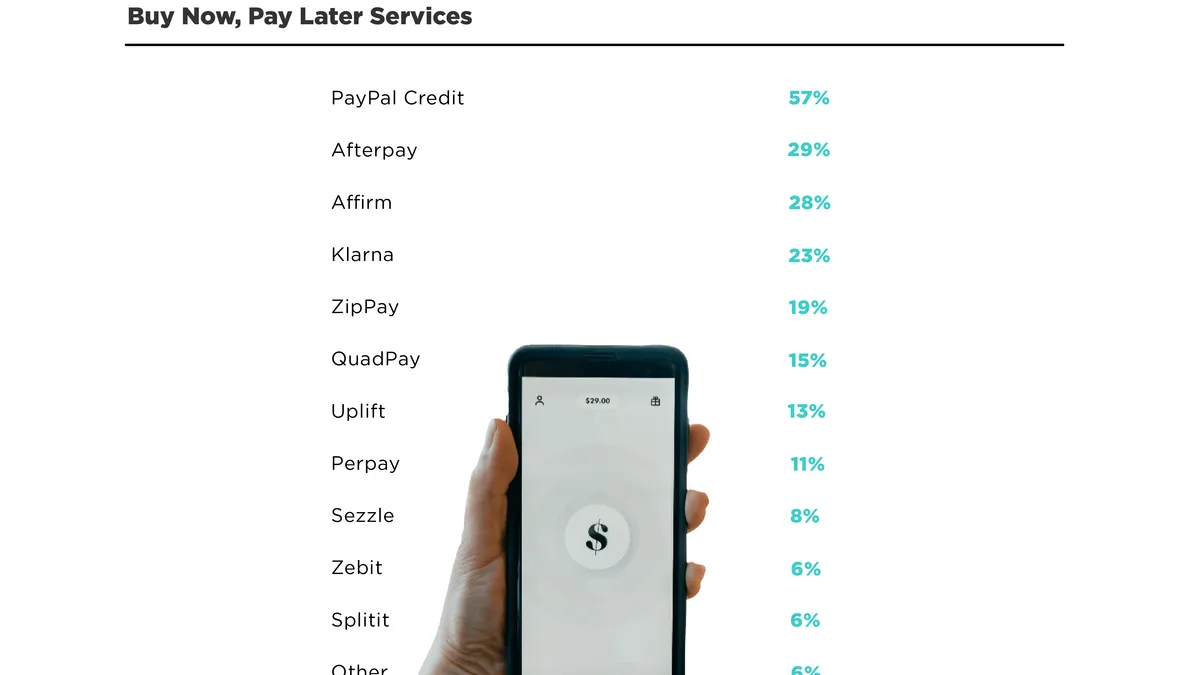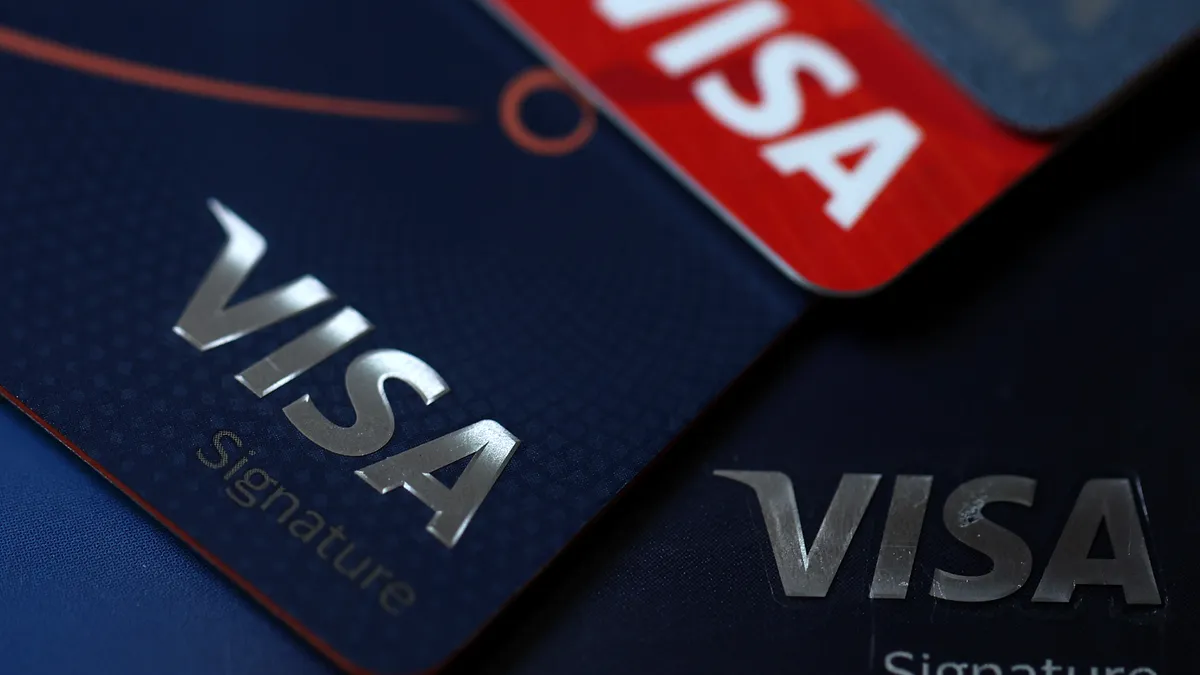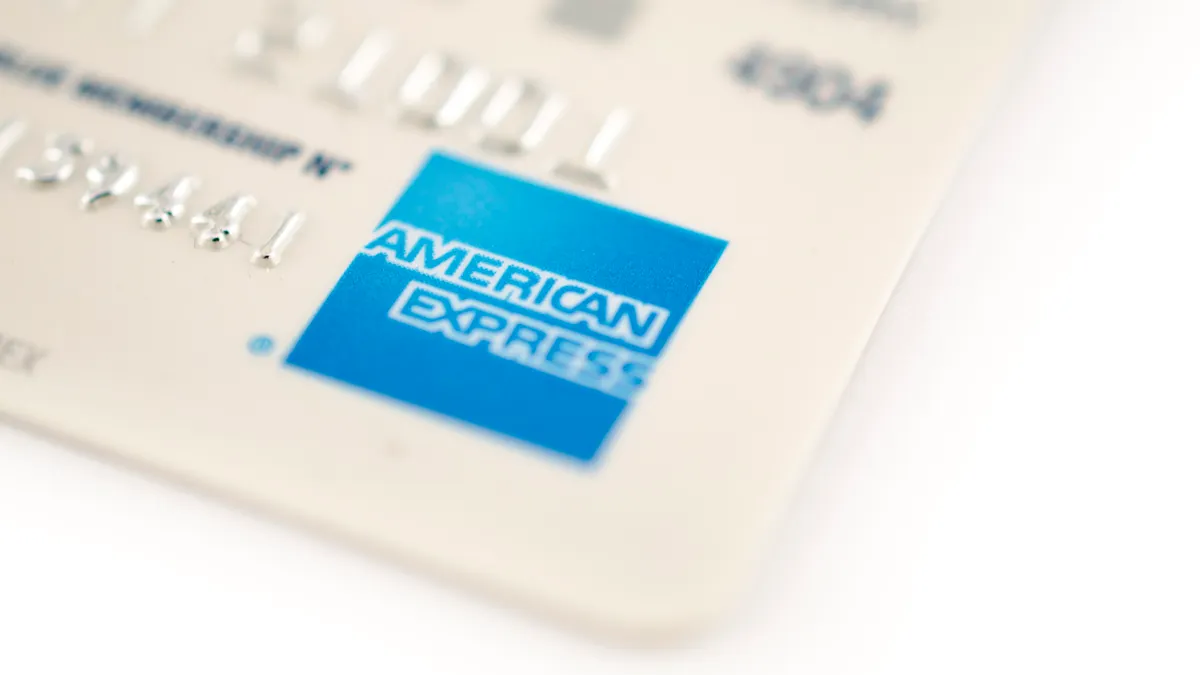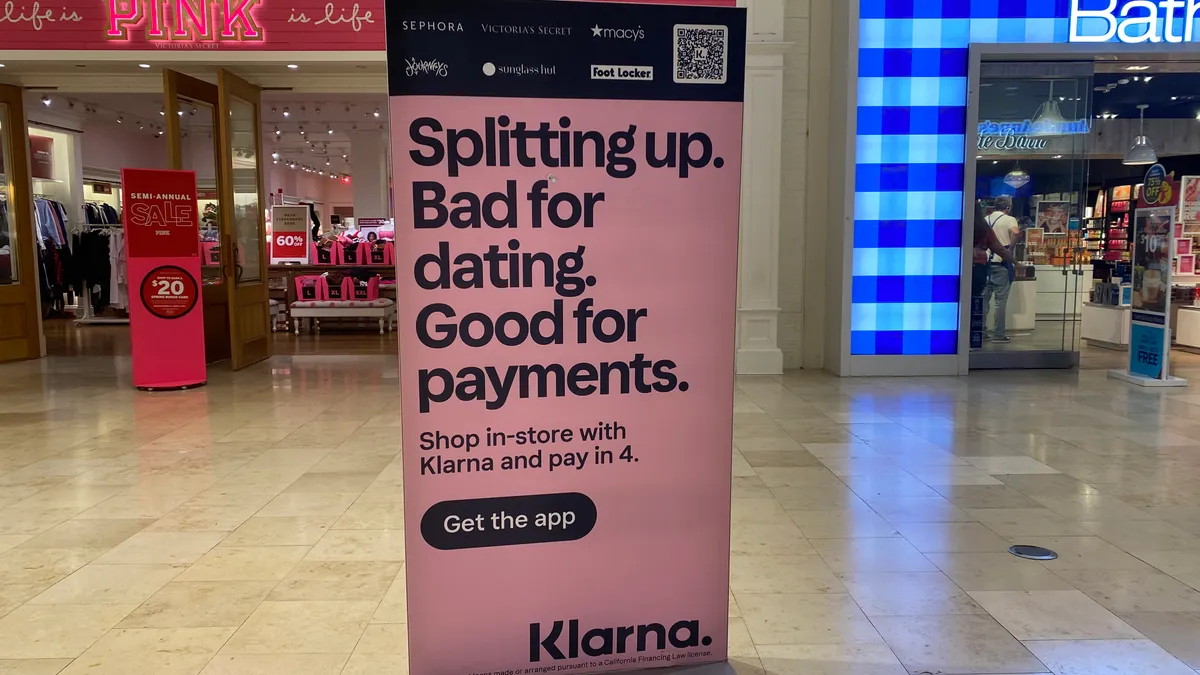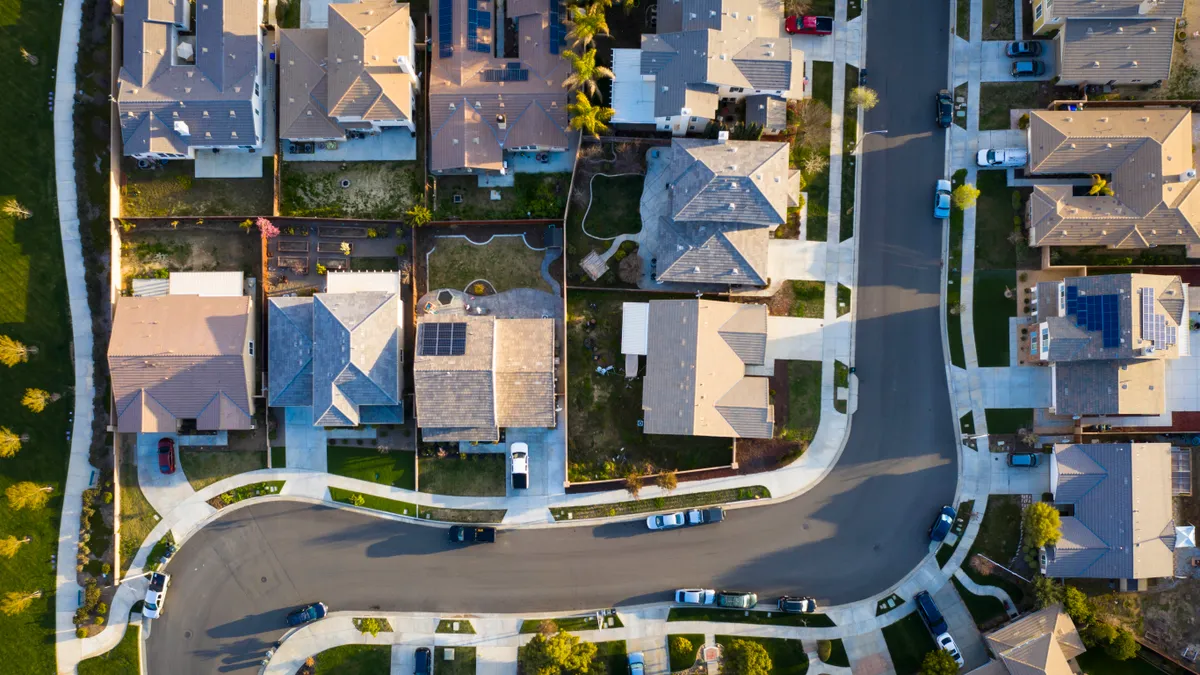As major buy now-pay later players stare down a March 1 deadline to provide information to the Consumer Financial Protection Bureau, Affirm CEO Max Levchin recently insisted he welcomed increased scrutiny because his company had nothing to hide.
"We've been at the forefront of the industry, suggesting to the regulators that they should have a look and a set of clear rules and just a good guidance around the conduct of all the players," said Levchin, also Affirm’s founder, during a call Feb. 10 to discuss the company's fiscal second quarter results. "And so, in that sense, it's positive news. The regulatory relationship is both a very, very important thing [and] a very serious thing."
CFPB Director Rohit Chopra on Dec. 16 issued a series of orders to San Francisco-based Affirm and rivals Afterpay, Klarna, PayPal and Zip, requiring these BNPL firms to provide information about their business practices.
Among the issues the CFPB is focused on: how much debt BNPL users have racked up, details on whether operators have followed consumer protection laws, and data harvesting conducted by providers, some of which have created shopping apps with partner merchants.
"They asked for pretty sweeping information," said Allen Denson, a partner with Washington, D.C. law firm Stroock & Stroock & Lavan. "They want to know about the description of the products, metrics on how they perform, fees that can be charged, underwriting practices, credit reporting, disclosure practices, user demographics, and basically every aspect of the BNPL industry."
Denson, who represents fintech companies and payments processors, pointed out that when the CFPB makes information requests, they usually come with a disclaimer that the information won’t be used for enforcement purposes. The agency’s probe of the BNPL industry doesn’t contain any such disclaimer, he said.
"I think we will see investigations opened up as a result of the information collection, and possibly enforcement actions," Denson said.
According to Levchin, a billionaire who co-founded PayPal, some of the CFPB's questions were fairly simple and straightforward, while others were more complicated.
"There was quite a lot of space dedicated to asking for the information around fees charged, late fees or deferred interest, or all sorts of other things," Levchin said during the Feb. 10 earnings call. "And we filled that out with zeros because we don't charge any of those things to consumers. We took a small amount of pride in that we stuck to our mission and stuck to our approach to treating consumers right."
An Affirm spokesperson said Levchin wouldn’t comment on the BNPL investigation beyond what he said during that call and in other media interviews.
There’s plenty at stake in the CFPB’s proceedings. According to Cornerstone Research, consumers used BNPL services to make almost $100 billion in retail purchases in 2021, four times the level in 2020, Forbes reported.
A spokesperson for the Electronic Transactions Association, which counts BNPL providers among its members, said the industry is working "diligently" to meet the CFPB’s deadline. He wouldn't elaborate further. Officials at Afterpay, Klarna, PayPal and Zip didn’t return requests for comment on the CFPB's inquiry. The CFPB also had no immediate comment.
BNPL companies "are already subject to certain federal and state laws that address fair lending, credit reporting, consumer privacy and information security, and the prevention of money laundering," wrote Eamonn Moran and Robin Nunn, attorneys at Morgan, Lewis & Bockius, in a Bloomberg Law op-ed.
"Even without additional federal regulation, the digital-payments industry should expect increased scrutiny and oversight," the attorneys wrote. "The CFPB has encouraged consumers to submit regulatory complaints about specific BNPL companies."
Whether or not it leads to enforcement, "it sends a strong signal to all fintech firms and retail partners that regulators are questioning the degree to which consumers could face risk," Moran and Nunn wrote.
The CFPB inquiry isn't the only scrutiny BNPL providers have faced in recent months. A day before Chopra announced his investigation, six Democratic senators wrote him a letter urging the CFPB to review the sector because of its potential to cause harm to consumers.
They also claimed non-bank BNPL providers operate without any meaningful federal oversight, a notion BNPL companies have disputed. Consumer activists, such as the Center for Responsible Lending, have raised similar concerns.


